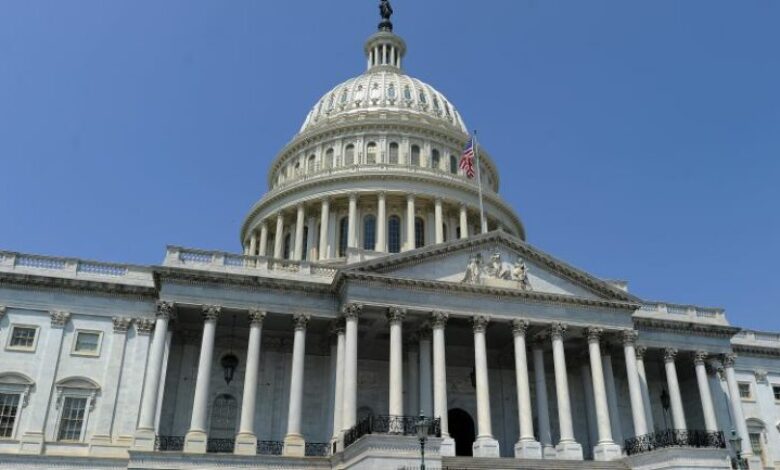US Lawmakers Push for Crypto Regulatory Clarity, Pressuring SEC

Lawmakers in the United States have introduced a bill aiming to address regulatory uncertainty in the cryptocurrency market and put pressure on the Securities and Exchange Commission (SEC). The draft bill, released by the House Financial Services Committee and House Agriculture Committee, proposes a functional framework to classify certain crypto assets as digital commodities.
The discussion draft, published on June 2, seeks to establish regulatory clarity for crypto firms in the United States, fostering innovation while ensuring investor protection. It aims to bridge the gap between the Commodity Futures Trading Commission (CFTC) and the SEC, providing digital asset firms with regulatory certainty.
The bill grants jurisdiction to the CFTC over digital commodities and clarifies the SEC’s jurisdiction over digital assets offered as investment contracts. It also allows secondary market trading of digital commodities and introduces customer protections for SEC- and CFTC-registered entities.
The proposed legislation prevents the SEC from denying digital asset trading platforms registration as regulated alternative trading systems. It enables these platforms to offer “digital commodities and payment stablecoins.”
The bill aims to tackle the lack of clear regulatory rules from the SEC, allowing certain digital assets to qualify as digital commodities if they are functional and decentralized. It requires the SEC to provide a detailed analysis of any objections to a firm’s decentralized classification.
Coinbase’s chief legal officer, Paul Grewal, praised the draft bill as a solid foundation for regulatory jurisdiction and definitions but emphasized the need for a thorough review before formal introduction. The bill, introduced by Republican lawmakers Patrick McHenry and Glenn Thompson, did not include input from Democratic lawmakers, making its progress in a divided Congress uncertain.
The bill seeks to find a middle ground between promoting innovation and safeguarding investors, but there is ongoing discussion regarding its actual impact and effectiveness. As the legislative process progresses, it is essential to closely observe the unfolding developments and evaluate the possible consequences for those involved in the market. The quest for clear regulations is a significant stride towards nurturing a robust and accountable cryptocurrency ecosystem.




